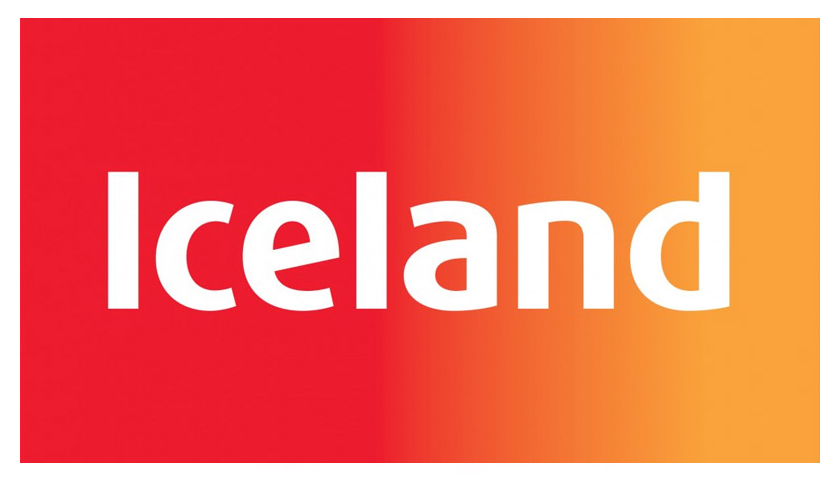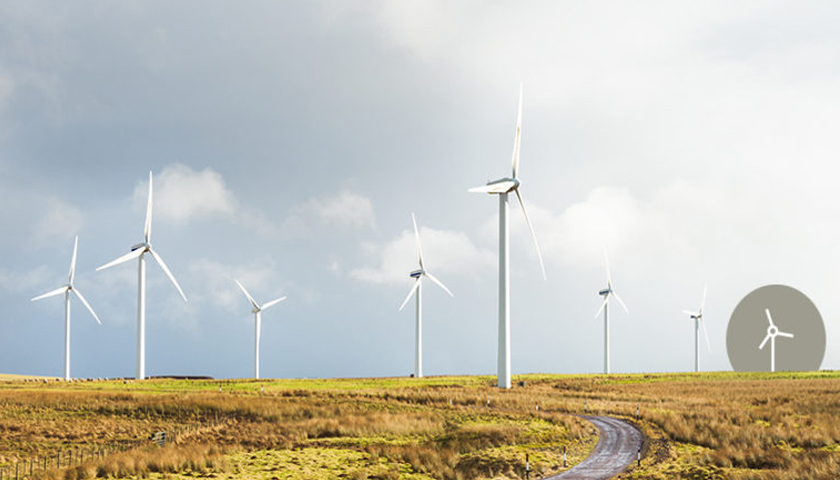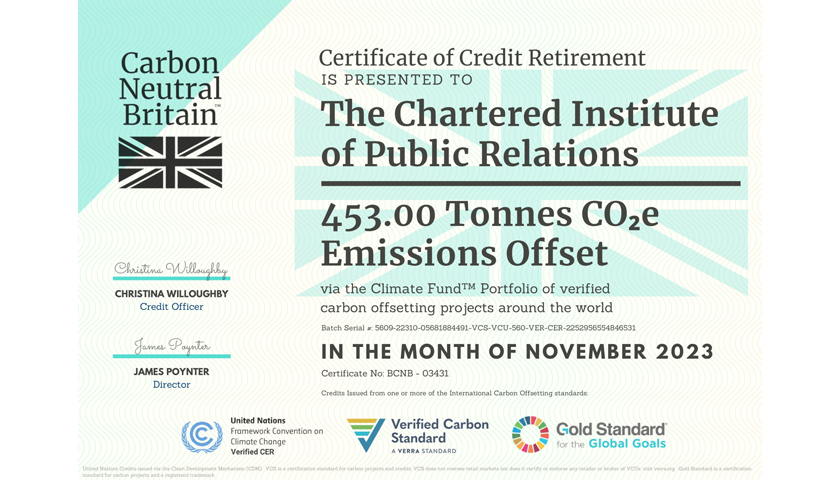Iceland has announced that it has reduced its operational carbon footprint by nearly three quarters (74%) since 2011, ensuring it is well ahead of schedule to hit the Government’s target of being carbon neutral by 2050. Its footprint has fallen from almost 250,000 tonnes of CO2 in 2011 to just 46,000 tonnes in 2020.
The significant reduction has been made despite Iceland increasing the number of stores it has nationally by 181, and is a result of the supermarket investing over £35 million in more energy efficient equipment and innvovations, and purchasing 100% of its electricity from renewable sources.
Working from a baseline year of 2011, Iceland initially set its targets to reduce absolute carbon emissions in own operations as below:
- Reduction of 30% by 2020
- Reduction of 60% by 2030
- Reduction of 100% and complete carbon neutrality by 2050
However, the efforts made by Iceland in reducing its Scope 1 and 2* carbon emissions mean it has now surpassed its 2020 and 2030 targets and is on track to becoming carbon neutral by the end of 2042 – eight years ahead of the UK Government’s target of net zero greenhouse gas emissions by 2050. The business is now reviewing the use of Science Based Targets** going forward alongside plans to work more closely with its supply chain on carbon reduction.
Iceland’s efforts to reduce its carbon footprint involve a coordinated approach across the business focused on reducing its greenhouse gas emissions from electricity, refrigeration and transport – and working with external partners such as the British Retail Consortium Environmental Action Group.
Richard Walker, Managing Director of Iceland, said: “Our planet is facing an unprecedented, global environmental crisis, and we believe that every business has a responsibility to take action against climate change and reduce its carbon footprint. That is why I am pleased to announce a reduction of 74 per cent in our operational carbon emissions since 2011. We are now well ahead of schedule to be a carbon neutral business much earlier than 2050 and we are working hard to bring forward our current target even further.
“Over the past decade, we have worked with our partners and invested in technology to drive down our carbon emissions by nearly three quarters despite adding nearly 200 stores to our estate.
“This is the start of formal carbon reporting and our next steps will be to review the use of Science Based Targets and to create a project-based approach to working with our suppliers. We will start with measuring and reporting on carbon emissions associated with our own-label packaging.”
Iceland is already working closely with its suppliers and third-party logistics companies to make sure its deliveries to and from depots are as efficient as possible.
Gavin Williams, managing director, supply chain – UK and Ireland, XPO Logistics, said: “Like Iceland, XPO has a purpose-driven approach to sustainability. We believe that climate change is best addressed by the coordinated actions of businesses, governments and civil society. We are delighted to be working closely with Iceland in exploring innovative approaches to reduce greenhouse gas emissions in their supply chain.”
As well as reducing carbon in its own operations, Iceland is also calling on Government and other businesses to be a force for good in taking urgent action to address the climate and environmental crisis the world faces, supporting plans for a green recovery from Covid-19 in particular.
Richard Walker added: “The Government should prioritise the delivery of 100% renewable energy generation while simultaneously incentivising businesses to reduce carbon. It should launch a new green economy skills strategy to support retraining employees from these industries. This also means reimagining infrastructure projects, pushing ahead with greener construction, halving food waste by 2030 and focusing on supply chains.”
So far Iceland has taken the following actions to reduce carbon emissions:
- Renewable energy
o 100% of the electricity purchased for Iceland sites in the UK comes from renewable sources.
o Iceland’s own generators are now only being used as standby generation in case of any emergency issues with the main electricity supply.
- New, more efficient equipment
o Ongoing asset replacement programme, replacing its older freezers with new, more efficient versions.
o The new freezers use natural refrigerants wherever possible and also provide energy saving benefits.
o On average, stores refitted with new freezers consume 30% less energy than stores using older equipment.
- LED lighting
o Iceland replaced all its signage lighting with LEDs in 2012 and invested £8 million to replace its sales floor lighting systems throughout its estate with LEDs by the end of 2015, delivering a 50% reduction in emissions from lighting.
o It invested a further £3.2 million in 2017 to complete the conversion of all ancillary lighting in stores to LEDs, and the installation of automatic lighting controllers throughout its estate.
- Automatic lighting
o The automatic lighting controllers in Iceland stores save energy by ensuring that lights are only in use when required.
o The lighting is synchronised with the stores’ trading times and the security alarms, meaning only 50% of salesfloor lighting is used when the stores are closed to the public, and all lighting is turned off when the security alarms are activated.
o The environmental benefit of this system expands beyond reducing energy consumption; turning off the stores’ fascia and shop floor lighting also means that stores do not inadvertently attract or endanger nocturnal insects.
- Electric and hybrid vehicles
o Iceland is working with XPO Logistics on plans to trial electric vehicles for inner-city deliveries in 2021 and has been investigating innovations in technology to enhance the thermal properties of its refrigerated trailers, direct driven electric fridge options and solar power.
o In the last year, almost a quarter of Iceland’s company cars have been switched to hybrid vehicles as part of an ongoing programme, which has reduced the average carbon output for the overall fleet by 10%.
- Safe, energy-efficient driving
o All Iceland Home Delivery drivers are part of an innovative telematics programme. They undertake specific training to enhance their driving skills, focusing on techniques to improve safe driving and increase fuel efficiency.
o Iceland’s route planning system is designed to calculate the most fuel-efficient routes, meaning its drivers do not waste time or fuel on unnecessary journey points.
- Environmentally friendly depots
o All Iceland depots in the UK use natural, environmentally-friendly ammonia refrigerants to power the temperature controlled chilled and frozen warehouses.
o Automatic lighting and temperature controls ensure that its depot operations run as efficiently as possible, whilst not compromising on the safety of colleagues.



